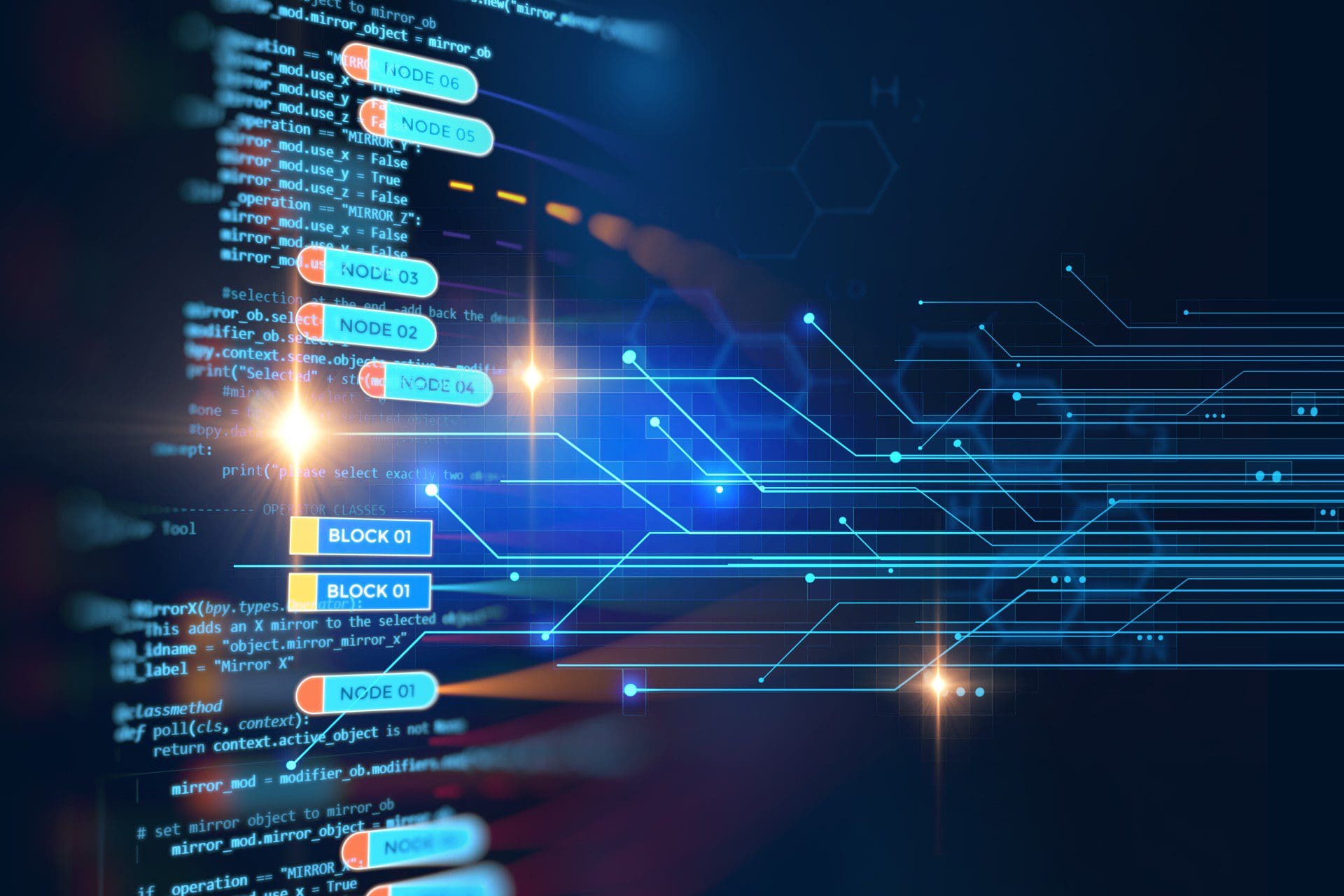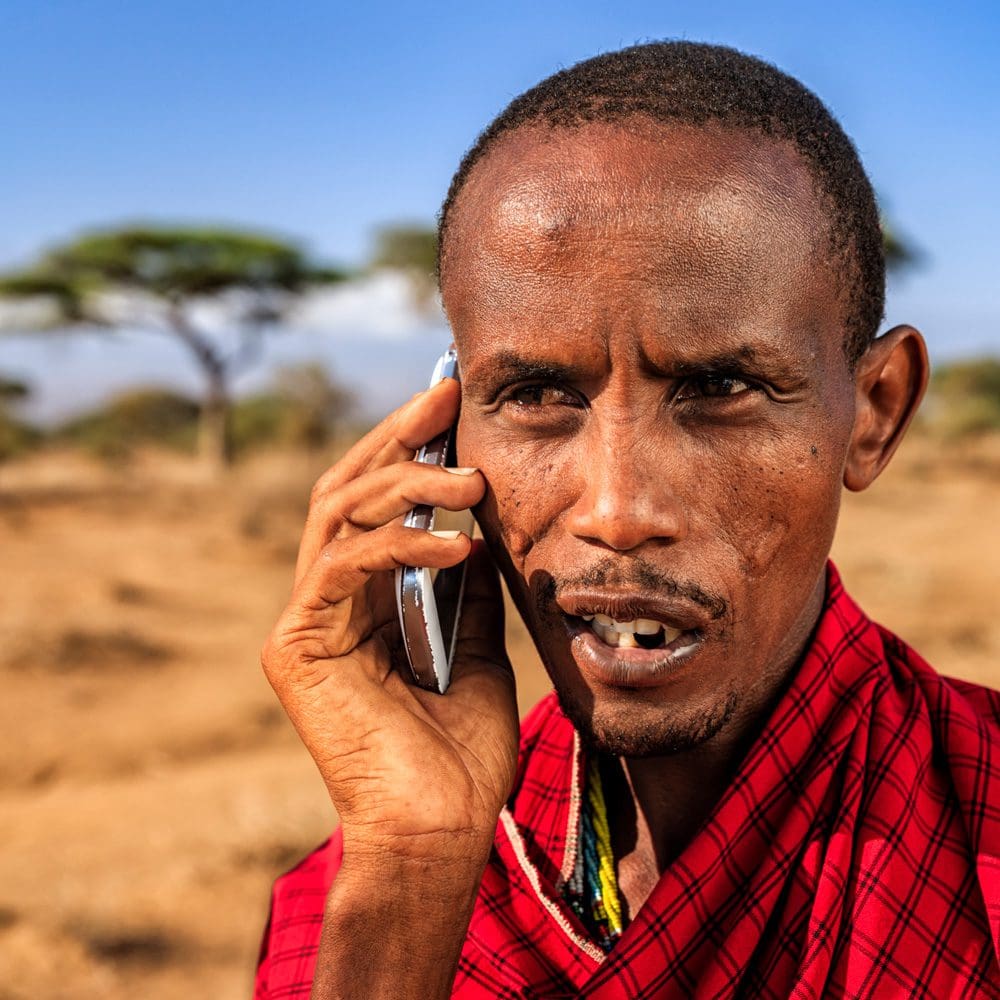Nearly one-third of humanity – perhaps two billion people in dozens of countries – lacks access to a financial institution for the most basic banking services, leaving them largely out of the global economy, even their own local economy. This consigns billions of people to lives of mere subsistence.
Over a billion people in the world have no legal identity, including approximately a quarter of a billion children under age 5, subject to human trafficking. This contributes to their exclusion from financial services and from ownership of a home, land and other tangible possessions. It also limits or precludes access to basic medical care.
Counterfeit pharmaceuticals account for some $200 billion in annual global sales, the largest sector in fake goods, which harm or kill millions of people every year around the world.
Myriad electronic medical records systems are in use today but do not interoperate, leaving critical health data inaccessible to doctors treating patients and to the patients themselves, which can delay treatment and lead to lost lives, time and money. Moreover, prescription and billing hacks can lead to patient identity fraud.
Could blockchains, the leading distributed ledger technology, be the solution to challenges this diverse and widespread? The answer lies in exploring the specific nature of these and other thorny problems plaguing humankind, as well as understanding the nature of blockchain technology and whether it actually provides a solution to these and other problems.

An Introduction to Blockchain Technology
The term “blockchain” refers to a distributed database residing on the Internet composed of records or “blocks” which are linked or “chained” together in a manner that resists modification, hacking or destruction. Because blockchain’s characteristics make modifying past records impractical, it protects the integrity of the information it contains.
Originally proposed in a paper by a person or persons with the name or pseudonym “Satoshi Nakamoto” in an online paper in 2008, blockchain became the enabling technology for the cryptocurrency known as Bitcoin. The characteristics that make blockchains the basis for globally applicable cryptocurrencies may also serve to solve other challenges.
Blockchain is a decentralized technology that distributes identical information to multiple users at multiple locations without a central point of control, so users can have confidence that identical information exists in multiple places without a central administrator.
Currently and historically, market-based trust in a database has been vested in a steward, company or entity which owns or administers that database. The terms of transactions have often been articulated in contracts and disputes arbitrated by a neutral third-party such as the court system.
Blockchains offers an amenable solution for a global data-sharing economy whereby the technology offers a secure, tamper-proof, “trustless” environment for permissioned users to verify and audit “events” based on an immutable original record source. It replaces the notion of trust with mathematically proven identical information. It therefore provides integrity to data shared amongst trusted parties and removes the need for third party intermediaries to authenticate the transactions.
Thus, blockchains provide an alternative to distribute, manage and secure data transactions while verifying the origin of data. These characteristics may position blockchain as an enabling technology that can expedite solutions to many of humanities most vexing challenges.

Known Challenges, Potential Solutions
Connecting the ‘unbanked’
To empower the two billion “unbanked” people in the world probably will require several steps, including a permanent, official identity (blockchain can assist here, see below) and access to a smartphone, which is growing rapidly in formerly underserved regions. But imagine the unbanked have an identity and online access. Via blockchain, they could access an online, secure, transparent, free process for making and receiving payments, tying them into local and even international economies.
Some observers believe that existing banking structures eventually will tie into fintech-based blockchains, making bank accounts accessible to individuals, entrepreneurs, start-ups and small businesses that are the lifeblood of economic empowerment for formerly unbanked peoples the world over.
Nonprofits and global aid organizations are exploring the use of blockchains across the developing world to help the “unbanked” around the world get easier access to banks for loans or to protect their savings, safely and without risk of fraud.
Businesses in impoverished nations often lack access to global banking institutions fearful of excessive risk or costly compliance audits and may also benefit from blockchain-enabled record-keeping.
Sovereign identity, ownership
Citizens in developed countries typically (though not universally) have a birth certificate, a social security (or other national ID) card, a fixed address, perhaps a driver’s license and credit card, a mobile phone number, perhaps deeds of ownership of a vehicle or home – in other words, a verifiable identity tied to a location and a history backed by government records.
In contrast, as noted earlier, as many as 1.5 billion of our fellow humans have no “papers,” no proof of identity and, therefore, no means of ownership. In a natural catastrophe or other disruptive event such as theft or loss of documents while traveling, a lack of identity could afflict anyone in developed or developing nations alike. Such a situation can make it difficult or impossible to survive, earn a living, access education or health care/medical records or participate in a community and/or elections. That level of disenfranchisement can be exploited by malevolent people.
An Internet-based blockchain ledger could securely identify everyone in the world and those records could be accessed by mobile phone and confirmed by biometrics. A secure, immutable record of identity could then enable myriad other benefits, including access to the financial system, deeds of ownership, medical records, education, healthcare, and many other life functions many of us take for granted.
Supply chain integrity
A transparent, immutable record of authentic pharmaceuticals that traces their origin and shipment around the world would improve the protection of people everywhere from the threats posed by fake or counterfeit drugs. Studies estimate that counterfeit pharmaceuticals account for perhaps 10 percent to as much as 30 percent of all legal drugs consumed, with an annual financial cost to consumers tallied in the hundreds of billions of dollars – not to mention the incalculable illness and deaths caused by fake drugs.
Blockchain is thus being explored for how it can optimize operations and better secure the supply chain to combat the rising epidemic of counterfeit medicine and improve patient outcomes on a global basis.
IEEE Explores Potential Solutions
With challenges on this scale, IEEE is devoting significant resources – including always in-demand volunteers – in diverse efforts to find answers to how blockchain technology can serve humanity.
These highly focused IEEE efforts are needed to explore and understand practical use cases for blockchain, which has attracted its share of hype regarding its applicability. A recent article in IEEE Spectrum – “Do you need a blockchain?” – points out that many challenges have solutions that don’t require blockchain.
One such effort is a IEEE Standards Association (IEEE SA) Digital Inclusion through Trust and Agency (DITA) Industry Connections program, which is convening technology innovators, industry movers, policy and legal experts and leading academic researchers to build consensus around the creation of standards that seek a solution to connect the remaining 50% of the world’s population in such a way to protect them from being exploited and give them equal rights to protect their digital citizenship, as well as the ability to restore dignity to the transactions process within a trusted framework.
The effort seeks to develop technical standards while creating recommendations for policy and protocol guidelines that will provide ALL global citizens a secure and trusted framework from the underserved to the fortuitous. Blockchain could be the catalyst to making universal and dignity-respecting digital identification systems a reality as half the world’s population, currently without access to the Internet, goes online. If that use case proves feasible, this effort will focus on writing standards that facilitate financial inclusion and other decentralized, data-sharing capabilities, while protecting individuals’ data privacy and ownership of their personal data.
Another major IEEE SA effort is examining the barriers and perceived benefits of adopting blockchain technology to better understand the pharmaceutical industry’s concerns with adopting related technologies in heavily regulated, complex global supply chain operations. In a landmark study released in October 2017, titled “The State of Blockchain Adoption on the Pharmaceutical Supply Chain,” the IEEE SA drew on insights from industry executives currently exploring use cases or testing blockchain in their operations. The study cuts to the core of key protocol and process questions addressing barriers to advancing industry-wide consideration and adoption of the technology.
In a day-long IEEE Blockchain Summit in Vancouver, British Columbia, in April 2017, innovative tech giants, cutting-edge start-ups, and researchers from the leading academic and advocacy institutions shared their insights on the status of current blockchain usage studies, where new opportunities are surfacing, and critical questions and challenges that need to be addressed to move from proof of concept to real-world implementation.
For more information on blockchain:
- “The Corporate Blockchain,” by Amy Nordrum, IEEE Spectrum
- State of Blockchain Adoption on the Pharmaceutical Supply Chain Podcast with Maria Palombini
- IEEE webinar on blockchain, IEEE Internet Initiative
- “Pharma Blockchain Bootcamp Speakers’ Perspectives, interview with YouBase co-founder Leonard Kish
- “The Bitcoin Blockchain Explained” animated video by Morgen Peck and IEEE Spectrum Staff

